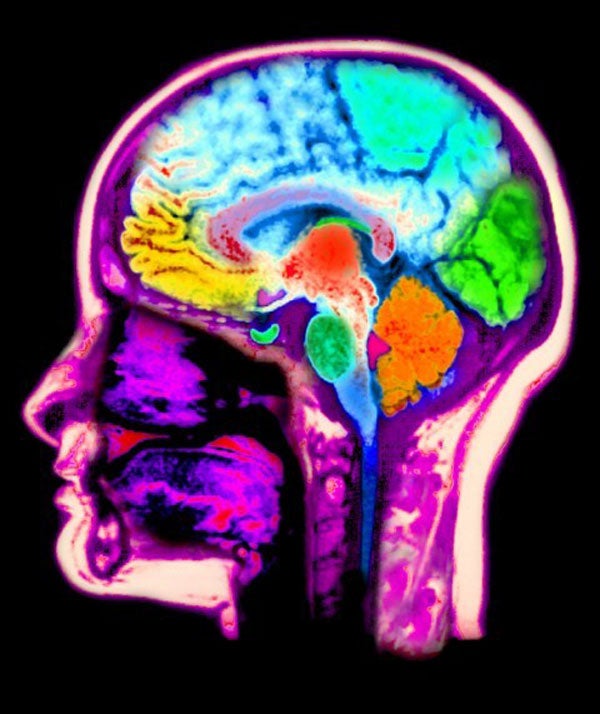Sociable people have 'bigger' brains
University of Oxford study finds people with bigger groups of friends have six brain regions larger than those who are less sociable

Sociable people have bigger brains, according to research produced by the University of Oxford.
People who possess lots of friends have six parts of the brain which are larger and better connected than those who are less sociable or who have smaller friendship groups, the study found.
Presenting her research on Tuesday, lead researcher MaryAnn Noonan told the Society for Neuroscience annual conference: “Human beings are naturally social creatures.
"Yet we know surprisingly little about how the brain manages our behavior within our increasingly complex social lives — or which parts of the brain falter when such behavior breaks down in conditions such as autism and schizophrenia.”
After examining a series of brain scans, Dr Noonan and her team found the more friends a person has, the larger these regions become.
The study asked 18 men and women how many friends they had made contact with in the last month to determine the size of the their social network. The majority of participants had contacted around 20 people, although some had been in touch with more than 40.
Brain scans of each volunteer found the 'sociability' region was located in the anterior cingulate cortex, which is used to monitor what other people are doing. The scans demonstrated that connections between this area and the area used to understand how others are feeling were stronger in more sociable people.
Researchers remain unsure as to the exact cause of their findings, although they theorise that people with more friends use certain brain regions more frequently and as a result the areas could expand to step up to the task.
Alternatively, it is possible that people who were born with brains better wired to connect with others are predisposed to developing larger social networks.
Join our commenting forum
Join thought-provoking conversations, follow other Independent readers and see their replies
Comments
Bookmark popover
Removed from bookmarks